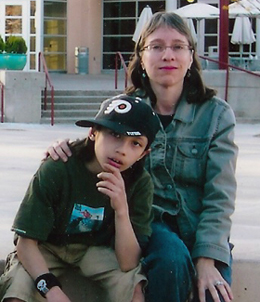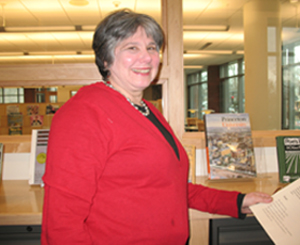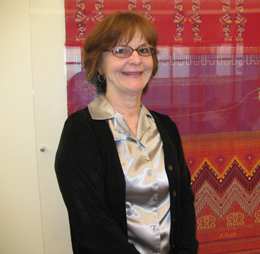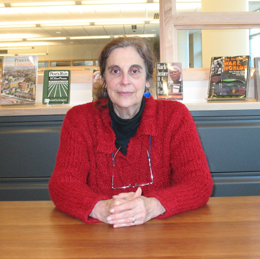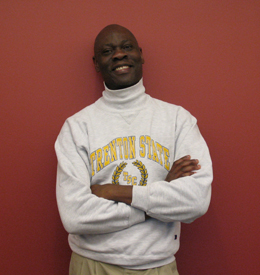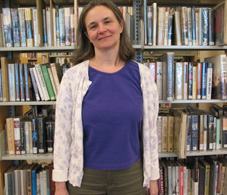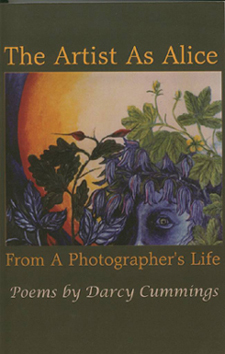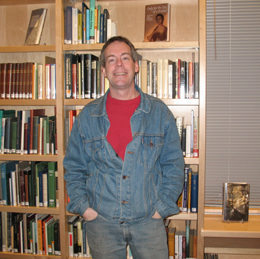Join Princeton Rep Company/Princeton Rep Shakespeare Festival today from 2-4 pm in Palmer Square for Shakespeare in the Square Shakespear-e-thon! Here are two more variations on Sonnet XXI.
Poet’s Antidote
When love-drenched poets sprout their loving thoughts,
Pencil or keyboard run they to abuse,
Fingers do the walking on papers bought,
What if a silent language they should choose?
What if the world forbade them to use words,
Back to their lovers they were sent again,
Yakking poets to cotton sheets in herds,
Their tongues and fingers their new-fangled pens?
Of verbal power stripped down to the buff,
No flatteries exchanged in tangled sheets,
But looks and breaths and tender touches, rough,
Love poet’s mouth I’d stop with swollen teats.
I wonder then how romance would upend,
And loving deepen, all its sham to mend.
Teaching the Embers to Burn Bright
If I compared the springtime with your breath,
Or leafy buds that push through solid wood
With life with which you fill me killing death,
Or deep-thrust bliss to springs of womanhood
You cause to flow, you craggy, rough-hewn moon
Who whips up wicked storms on creamy shores,
And with my heart’s spring breeze draws a monsoon,
Tear flying off their hinges my heart’s doors,
If spring rain ran upon me like your touch
That sears my skin with flame on liquored sweets,
Then spring I’d cheat of over-, under-much,
She’d burn out like an ember in our sheets.
A boyish constellation clenching fists,
You stop me with your Herculean kiss.
(Poems read by Victoria Liberatori, artistic director of the Princeton Rep Company)
Lenore Baeli Wang is widely published in literary journals and anthologies, including Calyx, The Paterson Literary Review, Without Halos, Sinister Wisdom, California Quarterly, Princeton Arts Review, Gathering of Tribes, and Confluence. She has written several plays, including, “Phebe and Rosalind”, “Gay Elizabethans and Dante in Central Park” and “And Then Like Ophelia” which were directed by Victoria Liberatori, artistic director of the Princeton Rep Company. “And Then Like Ophelia” was performed at the Actors Movement Studio’s Garment District PlayFest and “Gay Elizabethans” at Dixon Place, both in New York City. Her poetry collection, Born in the Year of the Pink Sink, was published by Malafemmina Press. She was awarded a 1998 NJSCA Grant and a 1999 Geraldine R. Dodge Foundation Grant.[Pictured above is Lenore Baeli Wang and her son, Ezra.]
